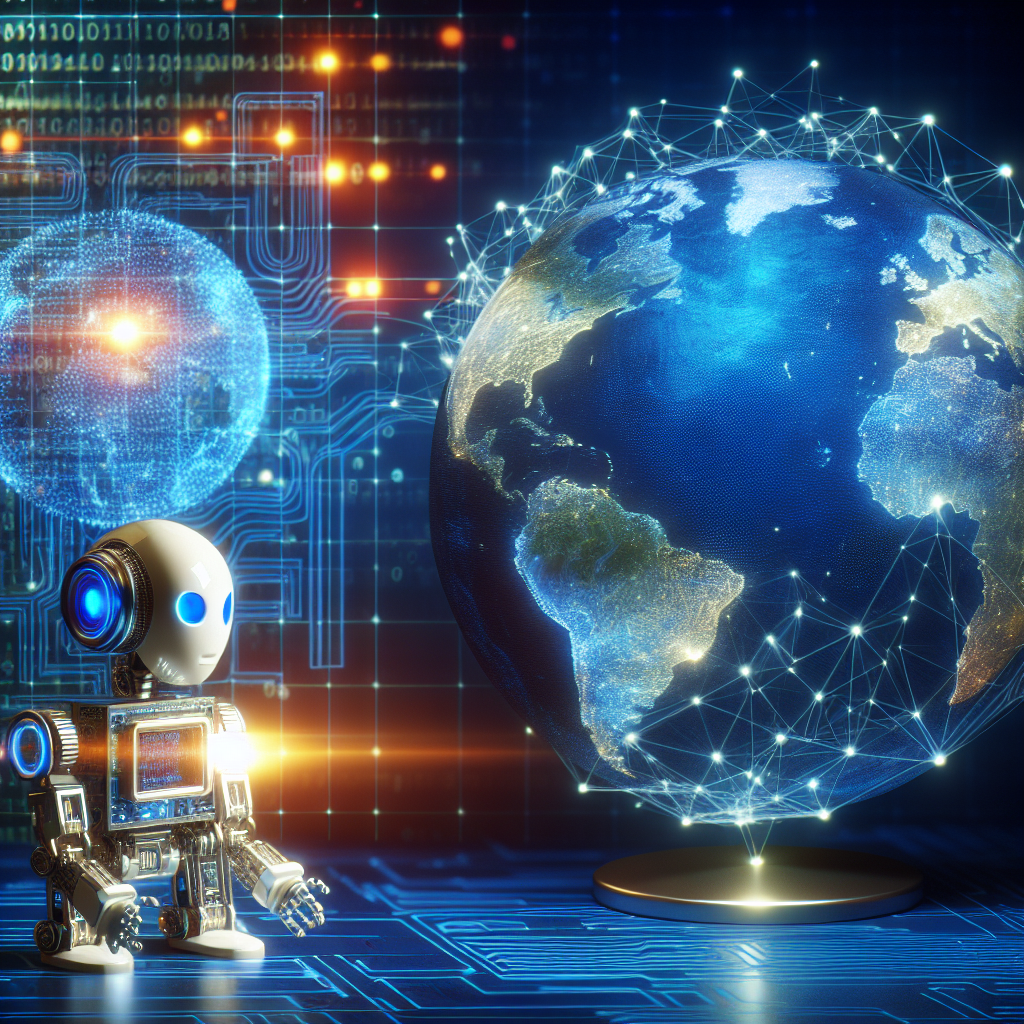The Impact of AGI on Society: How Artificial General Intelligence is Reshaping the World
Artificial General Intelligence (AGI) is a term that refers to the development of machines that can perform any intellectual task that a human can do. While most AI systems today are considered narrow AI, designed for specific tasks, AGI aims to create machines that can think, learn, and adapt in a way that mimics human intelligence.
The potential impact of AGI on society is vast and far-reaching, with both positive and negative consequences. In this article, we will explore how AGI is reshaping the world and what this means for the future of humanity.
Positive Impacts of AGI on Society
1. Increased Efficiency: AGI has the potential to revolutionize industries by automating tasks that are currently performed by humans. This can lead to increased efficiency, lower costs, and improved productivity.
2. Healthcare Advancements: AGI can be used in medical research to analyze vast amounts of data and identify patterns that could lead to new treatments and cures for diseases.
3. Improved Safety: AGI can be used to predict and prevent accidents in various industries, such as transportation and manufacturing, leading to improved safety for workers and the general public.
4. Environmental Benefits: AGI can be used to optimize energy consumption, reduce waste, and improve sustainability efforts, leading to a more environmentally friendly society.
Negative Impacts of AGI on Society
1. Job Displacement: One of the biggest concerns surrounding AGI is the potential for widespread job displacement as machines take over tasks that were previously performed by humans. This could lead to mass unemployment and economic instability.
2. Privacy Concerns: AGI systems have the potential to collect and analyze vast amounts of personal data, raising concerns about privacy and data security.
3. Ethical Dilemmas: AGI raises ethical questions about the use of artificial intelligence in decision-making processes, such as autonomous vehicles and healthcare. Who is responsible when a machine makes a mistake?
4. Inequality: The development and deployment of AGI could exacerbate existing social inequalities, as those with access to advanced technology may have an advantage over those who do not.
FAQs
1. What is the difference between AGI and narrow AI?
AGI refers to machines that can perform any intellectual task that a human can do, while narrow AI is designed for specific tasks, such as speech recognition or image classification.
2. When will AGI be achieved?
There is no definitive timeline for when AGI will be achieved, as it is a complex and challenging goal that requires significant advancements in technology and research.
3. How can we ensure the ethical use of AGI?
To ensure the ethical use of AGI, it is important to establish guidelines and regulations that govern its development and deployment. This may include transparency in decision-making processes, accountability for errors, and safeguards to protect privacy.
4. What are some potential benefits of AGI?
Some potential benefits of AGI include increased efficiency, healthcare advancements, improved safety, and environmental benefits.
In conclusion, the impact of AGI on society is multifaceted, with both positive and negative consequences. While AGI has the potential to revolutionize industries and improve quality of life, it also raises concerns about job displacement, privacy, ethics, and inequality. It is important for policymakers, researchers, and the public to consider these implications as we continue to develop and deploy artificial general intelligence.

